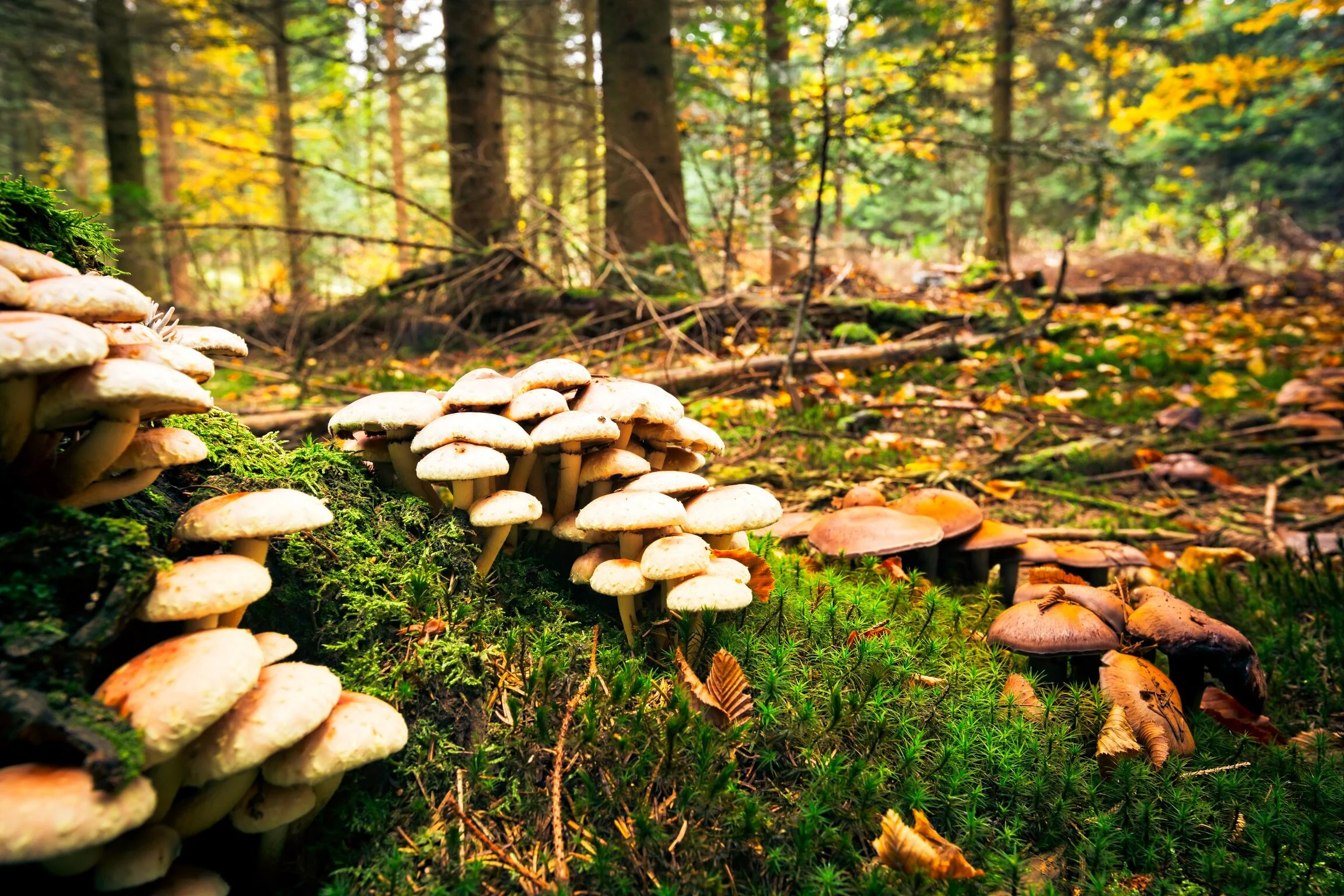Over the past 40 years (but in reality since I was five years old), I’ve been fascinated with insects and their ability to sting and cause pain. In graduate school, I became interested in why they sting and why stings from such tiny animals hurt so much.
Explainer: what are the ‘nacreous clouds’ lighting up the winter skies?
People in the polar regions of the world, such as Scandinavia and Canada, sometimes get to watch majestic, rainbow-coloured clouds drift across an otherwise grey winter sky. Over the past few days, observers from across the UK and Ireland have also been lucky enough to witness this phenomenon, known as “nacreous” (or polar stratospheric) clouds.
The forgotten moon landing that paved the way for today’s space adventures
Crashing into a planet is seldom a good idea. If you’re trying to travel to another world, you’re likely to land at tens of kilometres per second unless you do something serious to slow down. When Neil Armstrong famously became the first man on the moon in 1969, he piloted a lunar module onto the surface using thrusters that slowed the craft’s descent.
Confessions of a chemist: I make molecules that shouldn’t exist
At drinks parties and dinners, if someone asks what I do for a living, I always say: “Synthetic chemist … I make new molecules … especially those that shouldn’t exist.” People typically respond that they were not very good at chemistry at school – or they enquire about explosions and smells. And there, usually, the conversation ends.
Why a walk in the woods really does help your body and your soul
Why can’t we predict when a volcano will erupt?
We started 2016 with a bang. Both Chile and Indonesia saw a clutch of volcanoes erupting after laying dormant for a decade or more. This followed an eruption in April 2015, when Calbuco volcano in Chile burst back to life after more than 40 years of silence, with experts giving less than two hours of warning. In an era of global satellite monitoring with proliferating networks of instruments on the ground, why can we still not accurately predict volcanic eruptions?
Explainer: why are cities warmer than the countryside?
In cities, the air, surface and soil temperatures are almost always warmer than in rural areas. This effect is known as the Urban Heat Island – a term which first came into use in the mid-20th century. Until the 1980s, this effect was considered to have relatively little practical significance. In fact, given that most studies were done in cities with cold winter climates, a warmer temperature was seen as a potential benefit, because it reduced the need for heating. But since then, we’ve found a number of reasons to be concerned.
How your meal affects your mood
Your thoughts, moods and behaviours are the product of your brain – an exquisite spider’s web of neuronal connections and witch’s brew of neurochemicals. It is this brew that is prone to change, and when “unbalanced” can cause dramatically altered behaviour. And your diet may have more to do with how you think than you would first suspect.
Corals, crochet and the cosmos: how hyperbolic geometry pervades the universe
We have built a world of largely straight lines – the houses we live in, the skyscrapers we work in and the streets we drive on our daily commutes. Yet outside our boxes, nature teams with frilly, crenellated forms, from the fluted surfaces of lettuces and fungi to the frilled skirts of sea slugs and the gorgeous undulations of corals.
If we want medicine to be evidence-based, what should we think when the evidence doesn’t agree?
How plants rely on friendly fungal bodyguards
How to build a starship – and why we should start thinking about it now
How your friends affect your health
Explainer: what is antimatter?
Antimatter was one of the most exciting physics discoveries of the 20th century. Picked up by fiction writers such as Dan Brown, many people think of it as an “out there” theoretical idea – unaware that it is actually being produced every day. What’s more, research on antimatter is actually helping us to understand how the universe works.
How ‘Snowball Earth’ volcanoes altered oceans to help kickstart animal life
Do we really have to wash fruit and vegetables?
There is a growing demand for fruit and vegetables across the Western world, thanks to increased awareness of their nutritional and health benefits. But we’ve always been taught they might not be safe to eat straight out of the supermarket, and they have to be washed first. Is this the case? And what might happen if we don’t?
Seeing Earth from space changes you – and you don’t even have to leave the planet
If being too clean makes us sick, why isn’t getting dirty the solution?
Today rates of allergic, autoimmune and other inflammatory diseases are rising dramatically in Western societies. If that weren’t bad enough, we are beginning to understand that many psychiatric disorders, including depression, migraine headaches and anxiety disorders, are associated with inflammation. Perhaps the most startling observation is that our children are afflicted with the same inflammatory problems, contributing to the fact that over 40 percent of US children are on medications for some chronic condition.
Five amazing things that happen to your body in space
Revealed: how giant icebergs breathe life into remote oceans
As giant icebergs bob across the open seas they leave behind a trail of nutrient-rich meltwater, sparking new life in the world’s remotest and least hospitable oceans. This in turn means more carbon is taken from the atmosphere and stored below the waves. Massive icebergs may be a symptom of climate change – but they can also help keep it in check.













